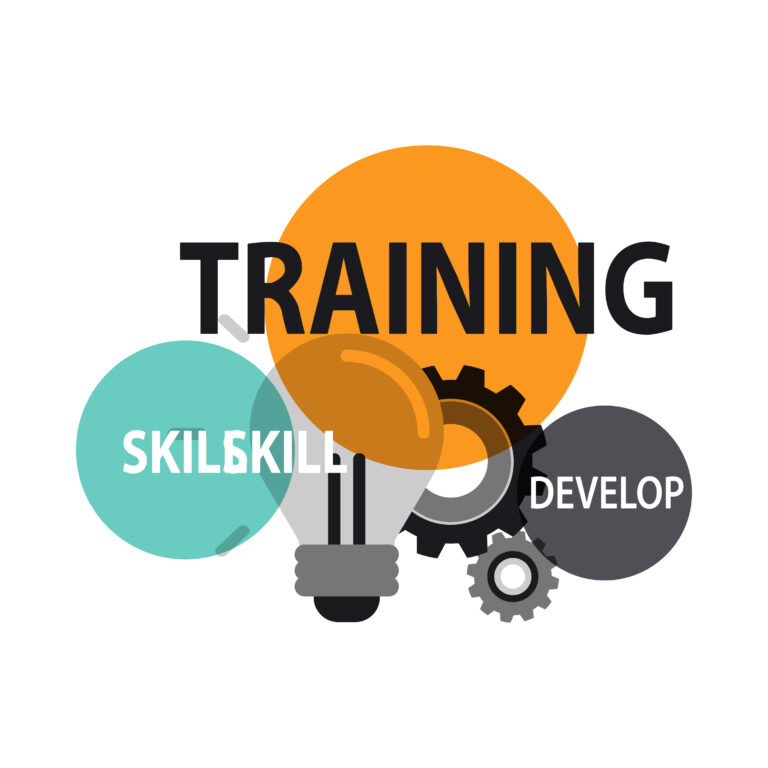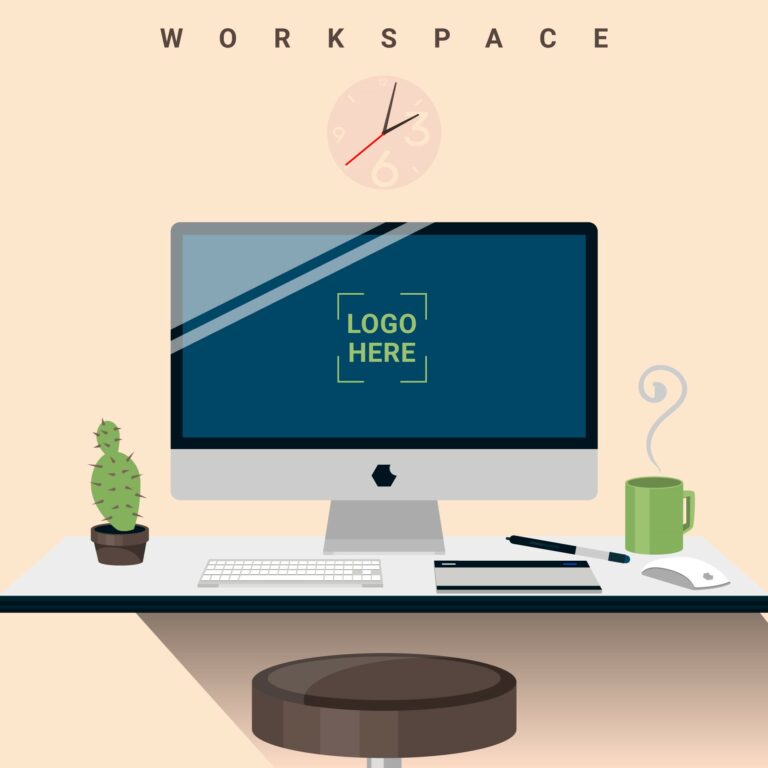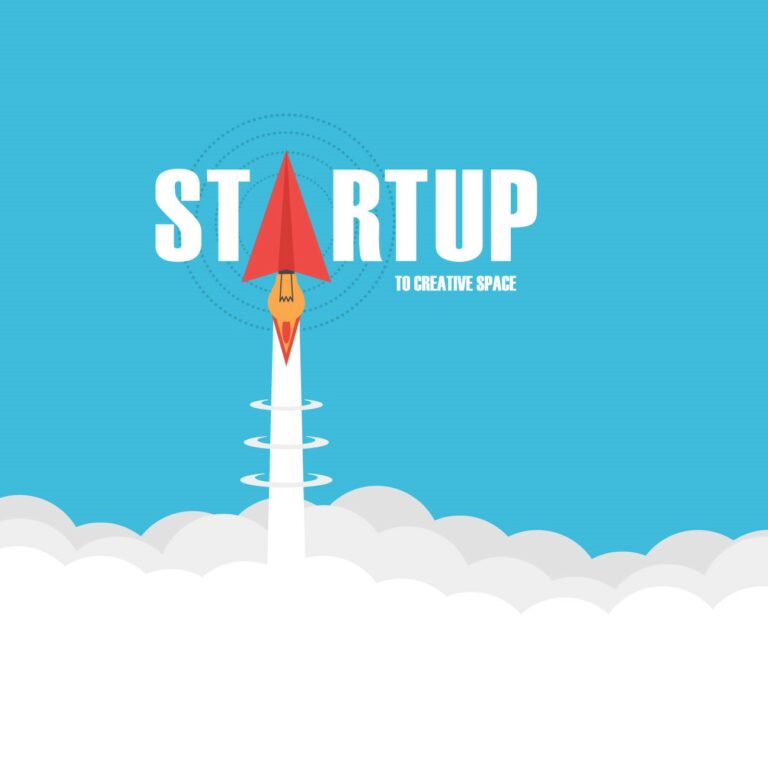The way we work is changing dramatically. Remote work, automation, and the growth of freelance employment are just a few factors of changing professional operations . So, what does this mean for businesses? How will they adapt and prosper in this new world of work?
Expert Insights for Recognizing the Future
To navigate this unfamiliar territory, we look to the voices defining the future: consultants, startup CEOs, and entrepreneurs, with a focus on real-world examples from major multinational corporations (MNCs). Their comments are as follows:
Embrace Flexibility: Remote work options are no longer a luxury, but rather an expectation for many skilled workers. Advisors emphasize that organizations must embrace flexible work methods in order to attract and retain top people. IBM provides a number of remote work choices, and CEO Arvind Krishna has openly acknowledged the benefits of a flexible workforce.
Focus on Human-Centric Skills: Although automation will handle monotonous jobs, human skills such as creativity, critical thinking, and problem solving will become increasingly important. Whitney Wolfe Herd, CEO of Bumble (a dating app firm), highlights the need of investing in programs that develop these critical abilities. Bumble provides internal training programs and encourages staff to attend industry conferences, creating a culture of continual learning.
Lifelong learning is key: The future of employment requires ongoing learning. Salman Khan, the founder of Khan Academy (a free online education platform), encourages firms to foster a learning culture by offering online courses, mentorship programs, and tuition reimbursement for appropriate certifications.
Redefining the Employee Experience: The gig economy and remote employment lead to a more flexible workforce. Laszlo Bock, former head of HR at Google, emphasizes the need of prioritizing a great employee experience, regardless of location or contract type. Google, for example, makes significant investments in employee well-being programs, including on-site workout centers, healthy food alternatives, and generous parental leave policies.
Agility is the new strategy. The future is unknown. To cope with constant change, businesses must be quick and adaptive. Sheryl Sandberg, COO of Meta (previously Facebook), points out the necessity of cultivating an experimental and innovative culture in order to stay ahead of the curve. Meta encourages workers to take measured chances and learn from their mistakes, fostering a development mentality that enables them to adapt to the always changing digital world.
Satya Nadella, CEO of Microsoft, says, “Our industry ignores tradition; it only respects innovation.” The business sector is continuously changing. Keep up with trends, be open to change your approach, and don’t be hesitant to try out new ideas.
Adapting Your Business Strategy for The Future
By examining these observations, firms may begin to alter their strategy for the future.
Consider Talent Acquisition: Target individuals with flexibility and a strong learning mentality.
Invest in Upskilling: Provide your employees with the skills they need for growth in an automated world.
Redesign the Workplace: Design work settings that accommodate flexible scheduling and remote collaboration.
Emphasize Purpose: Offer employees a sense of purpose and responsibility for their job.
Build Trust and Connection: Even in distant environments, encourage strong ties among team members.
The future of employment is wonderful, but it also brings challenges. Businesses that welcome the views of advisers, startup CEOs, and entrepreneurs may adapt and survive in this new environment. Remember that the most successful companies will be those that can keep up with the constantly evolving environment and shape a future of work that benefits both businesses and people.








